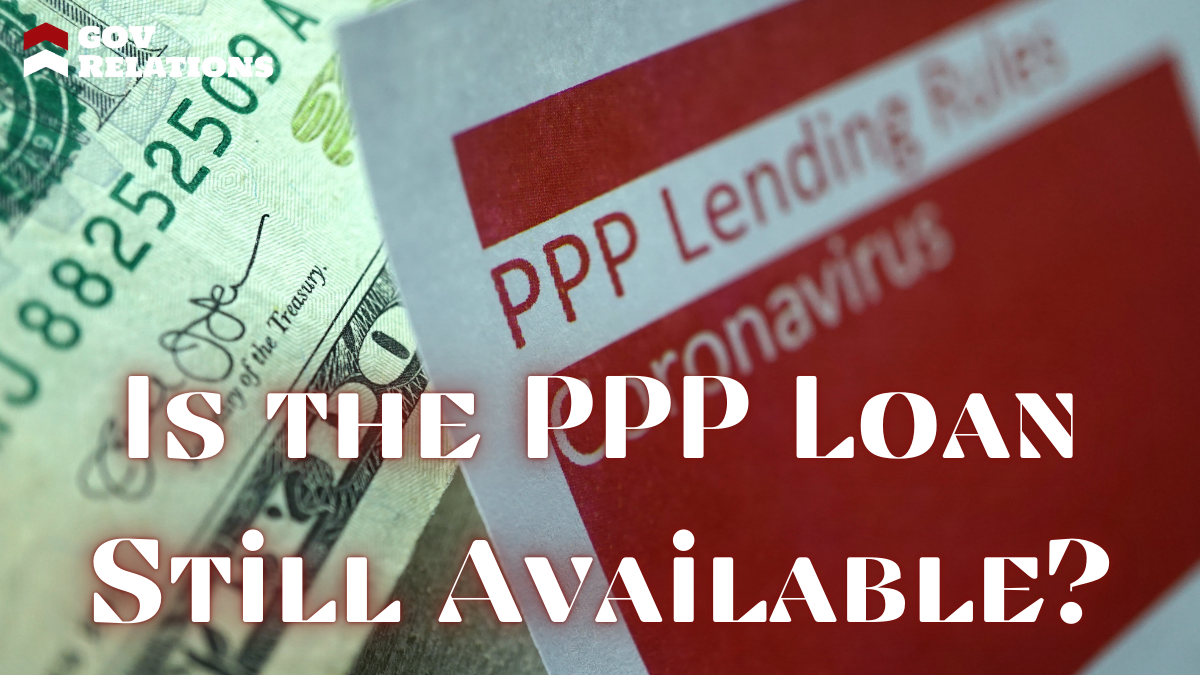Let's explore the intriguing question of whether we can claim the solar tax credit if we finance our solar panels. As solar energy enthusiasts, understanding how financing impacts our eligibility for tax credits is essential. We'll navigate through the nuances of ownership and financing options, and we'll discover how these factors play into claiming valuable tax incentives. Curious about how financing your solar investment can still lead to financial benefits? Let's plunge into it.
Key Takeaways
- Financing solar panels with a loanA sum of money borrowed that is expected to be paid back with interest. does not affect eligibility for the solar tax credit.
- Ownership of the solar system is necessary to claim the federal solar tax credit.
- Solar loans used for purchasing panels allow the owner to benefit from tax credits.
- Leasing solar panels disqualifies you from claiming the federal solar tax credit.
- Thorough documentation of purchase and installation dates is essential for claiming the credit.
Understanding the Federal Solar Tax Credit
Although diving into the world of solar energy can seem intimidating, understanding the Federal Solar Tax Credit is an essential first step in making it more affordable.
This tax credit, known officially as the Investment Tax Credit (ITC), allows us to deduct a percentage of our solar installation costs from our federal taxes. For installations completed in 2023, we can claim 30% of the total system cost. This credit reduces the amount of tax we owe, directly lowering our solar investment outlay.
To qualify, the system must be located at our primary or secondary residence in the U.S. and be new or first-time used.
Exploring Financing Options for Solar Panels

How can we make solar panel installation more budget-friendly?
We've got a few financing options to explore that can help ease the financial burden:
- Solar Loans: These work like home improvement loans, allowing us to spread the cost over time while still benefiting from ownership.
- Leases: By leasing, we avoid upfront costs and pay a fixed monthly rate. However, we won't own the system or the tax benefits.
- Power Purchase Agreements (PPAs): Here, we agree to buy the electricity generated by the panels at a predetermined rate, without owning the panels.
Each option offers unique benefits and trade-offs.
Tax Credit Eligibility With Solar Loans
When we consider installing solar panels with the help of a solar loan, it's vital to understand the tax credit eligibility that comes with it.
The good news is that financing our solar panels through a loan doesn't affect our ability to claim the solar tax credit. As long as we're the owner of the solar system, we're eligible. The loan itself, whether secured or unsecured, doesn't change this.
We must guarantee that the loan is for purchasing, not leasing, the panels. Once installed, we can claim the credit for the tax year the installation is completed.
It's important to keep thorough records of our purchase and installation dates, as this documentation is essential for claiming the credit accurately.
Leasing vs. Purchasing: Impact on Tax Credits
While deciding between leasing and purchasing solar panels, it's crucial to understand how each option impacts our ability to claim tax credits.
When we purchase solar panels, we're eligible for the federal solar tax credit. It's a straightforward process that allows us to deduct a percentage of the installation cost.
Conversely, leasing doesn't offer the same benefit. The leasing company owns the panels, so they claim the credit.
Here's a quick breakdown:
- Purchasing: We can claim the solar tax credit, reducing our tax liability.
- Leasing: The leasing company benefits from the tax credit, not us.
- Ownership: With a purchase, we're the owners, but with a lease, ownership remains with the company.
Understanding these distinctions helps us make informed decisions about solar energy investments.
Maximizing Financial Benefits With Solar Financing

To truly reap the financial benefits of solar energy, leveraging smart financing options is essential. Let's explore how we can maximize these benefits.
First, consider loans specifically designed for solar installation. They often come with lower interest rates, letting us keep more savings. By choosing the right loan, we maintain ownership of our panels and qualify for the solar tax credit, which can greatly lower our tax bill.
Next, let's examine the potential of Power Purchase Agreements (PPAs) or solar leases. While they don't allow us to claim the tax credit, they offer low upfront costs and predictable monthly payments.
We should weigh these benefits against ownership's long-term financial advantages. By carefully selecting our financing method, we can optimize our solar investment.
Conclusion
To sum up, we've explored how financing options, like solar loans, can affect your eligibility for the federal solar tax credit. If we own our solar system, we can still claim this valuable credit, even if we're financing it. However, leasing doesn't offer the same benefit. By understanding these distinctions and keeping detailed records, we're better positioned to maximize our financial benefits and make the most of our investment in renewable energy. Let's harness the sun wisely!







